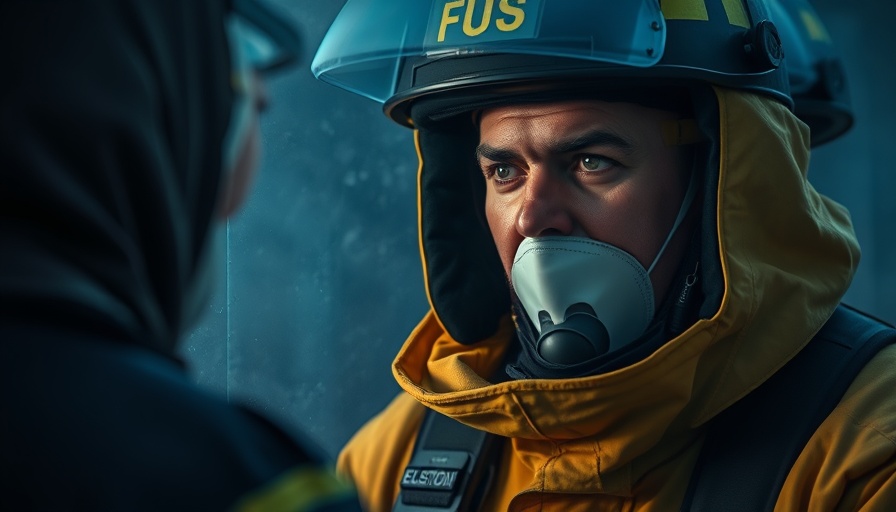
Why We Connect: The Fascination with Fictional Characters
Ever find yourself devastated after a beloved character meets their end? You're not alone! The emotional bond we form with fictional characters is more than just a fleeting interest—it reflects our deepest feelings and life experiences.
Understanding Our Attachment: The Science Behind It
Psychologists suggest that as humans, our brains are wired to crave emotional connections, even with characters who aren't real (Scary Mommy). This connection often stems from the ability to relate to their struggles, triumphs, and even failures. Fictional stories provide a safe haven for us to explore complex emotions and life lessons without real-world consequences. For instance, Ellie from 'The Last of Us' resonates deeply with many due to her courageous yet vulnerable nature, reflecting the heroism and fragility present in all of us.
Echoes of Reality: Where Fiction Meets Our Lives
Many find solace within these narratives as they navigate personal hardships. Whether it's a character who battles adversity or one who finds love against all odds, their tales often mirror our own experiences. This theme allows us to process our realities and challenges through the lens of fiction. For example, readers and viewers often note how the trials faced by characters help them cope with similar situations in their real lives, transforming fictional hardships into relatable lessons.
The Rise of Parasocial Relationships
As the world becomes increasingly digital, our attachments to fictional characters have transformed from simple admiration to profound parasocial relationships—interactions where one party extends emotional energy, interest, and time, while the other party remains unaware of the other's existence. In effect, we see characters as friends or confidants (The Atlantic). For many, this phenomenon has soared alongside the popularity of streaming services, where binge-watching immerses audiences into rich worlds filled with unique yet relatable characters.
Healing Through Stories: Navigating Grief and Loss
The phenomenon of connecting deeply with fictional narratives plays a healing role, especially during times of grief or loss. Engaging with these made-up characters can trigger emotional release, allowing us to grieve safely. Psychotherapist, Dr. Marcia Reynolds states, "Fictional characters can embody the qualities or experiences we yearn for in real life, providing us with a sense of connection and understanding." For example, after the conclusion of a series, fans often gather in online forums to share their thoughts, experiences, and even tears over beloved characters, creating a community rooted in shared grief.
Imagination as a Tool: The Power of Creating Meaning
Interestingly, the immersive experience that comes from connecting with characters can boost our creativity and imagination. By interacting with multi-dimensional figures, we gain insights that inspire our personal storytelling, whether through art, writing, or even conversations with friends. This engages us on a creative level, prompting us to reflect on our values and share our unique stories (Scary Mommy).
Our Character Choices: Reflecting Who We Are
Finally, the fictional characters we gravitate toward often reflect our personalities and values. A love for wise, resilient characters could indicate our aspirations for strength and courage—qualities we hope to embody in our lives. Conversely, we may identify with characters who face setbacks and insecurities, mirroring our own vulnerabilities. The stories we choose to engage with can tell us much about ourselves, acting as mirrors reflecting our inner desires and struggles.
Call to Action: Engaging with Your Favorites
So, the next time you find yourself invested in a fictional character, embrace that attachment—believe it or not, it serves a purpose! Explore and discuss your feelings about these characters with friends or in online spaces. Journey through the story with them and celebrate the unique connections forged through these narratives.
 Add Row
Add Row  Add
Add 




 Add Row
Add Row  Add
Add 

Write A Comment